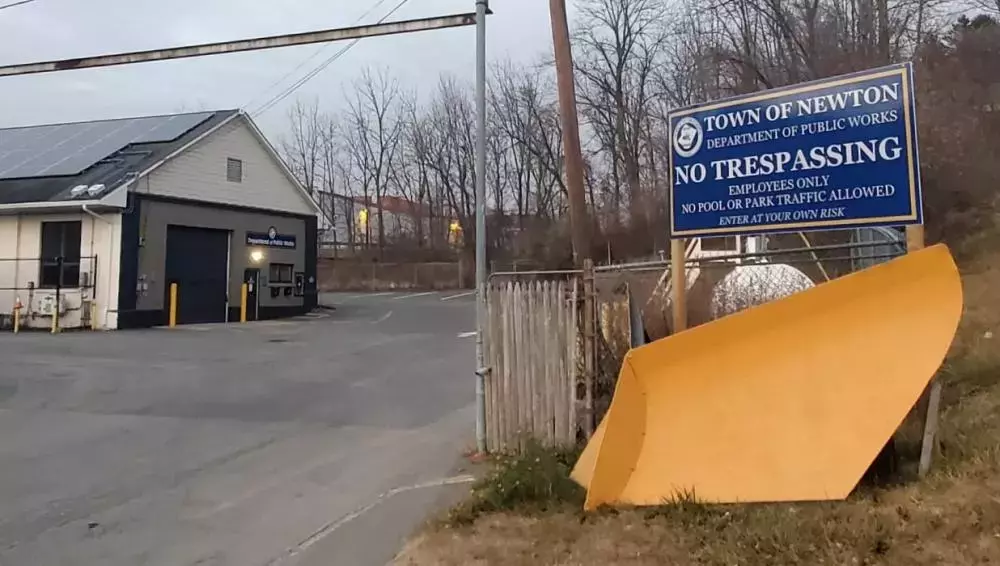
Uncover the Hidden Crisis in the Auto Technician Field
Impact on Municipal Services
A nationwide shortage of auto technicians is directly affecting our region. As a result, there is a need for increased in-house municipal services to ensure the smooth operation of fleets. Local governments like Sussex County, Passaic County, and Orange County are facing the challenge of keeping their vehicles, including snow removal equipment and transit buses, in good working order while keeping costs down for taxpayers. In Newton, for example, they recently hired an in-house mechanic to address this issue.
The shortage also means longer wait times and fewer available appointments at local automotive shops. This is a frustrating situation for private consumers who rely on these services. M.L., a 20-year veteran mechanic, summed it up well: "We're feeling the shortage, too. If we have a shop with 10 bays and only 7 people, that decreases the amount of daily work to 70 hours. And that's just appointments, it doesn't account for people with emergent issues."
Rapidly Evolving Technology
Touchscreens, lane sensors, backup cameras, and other automotive safety features are amazing technological advancements. But fixing these features requires more than just mechanical knowledge. Technicians now need to understand complex computer and electrical systems.
As early as the 1980s, experts were studying the effect of evolving technology on automotive technicians. A 2024 survey by the Autocare® Association showed that more than 50 percent of independent repair shops had to turn away business because they couldn't access the vehicle's computer to diagnose and repair the problem. This leads to customers being referred to dealerships, which are also overburdened due to the shortage of trained technicians.
Inadequate Wages and Lack of Advancement
Another factor contributing to the shortage is that wages and advancement opportunities for auto technicians are not very attractive. Entry-level mechanics earn, on average, $10,000 to $20,000 less per year than entry-level electricians or HVAC technicians. In New Jersey, the average salary for a mechanic is just over $55,000, which is not enough to live on in one of the most expensive states.
The structure of the auto repair business also means a lack of advancement opportunities. Many mechanics dream of owning an independent shop, but the start-up costs are tremendous. Automotive software leader AutoLeap indicates that the average cost to establish an independent automotive shop is $100,000 and does not include ongoing overhead. As a result, most mechanics remain in the employ of others and job-hop in search of better opportunities and higher pay.
Shift in Educational Interest
Auto repair is often seen as a low-level skill, despite its importance. Combined with low wages and a lack of advancement opportunities, fewer young people are choosing to enter the automotive trade. However, locally, there seems to be a shift. At Sussex County Community College, there has been an uptick in enrollment within the automotive program. Students are leaning toward the one-year certificate in automotive technology as they are eager to enter the workforce, and there is an increase in women entering the programs.
This is a positive sign that may help address the shortage in the future. By providing more educational opportunities and showing the value of the automotive trade, more young people may be attracted to this field.
